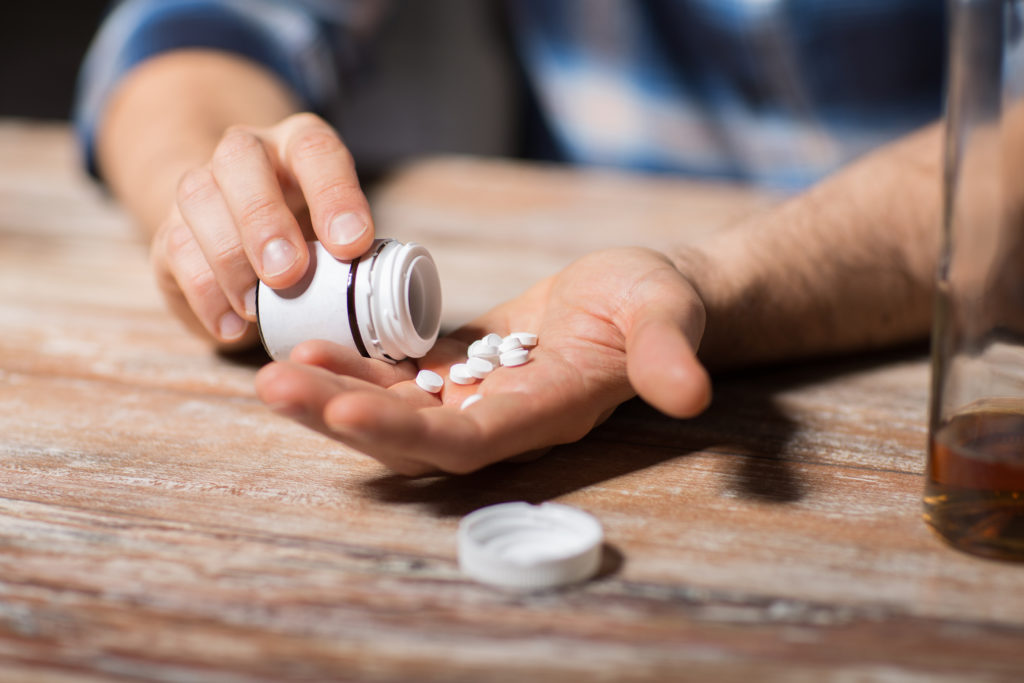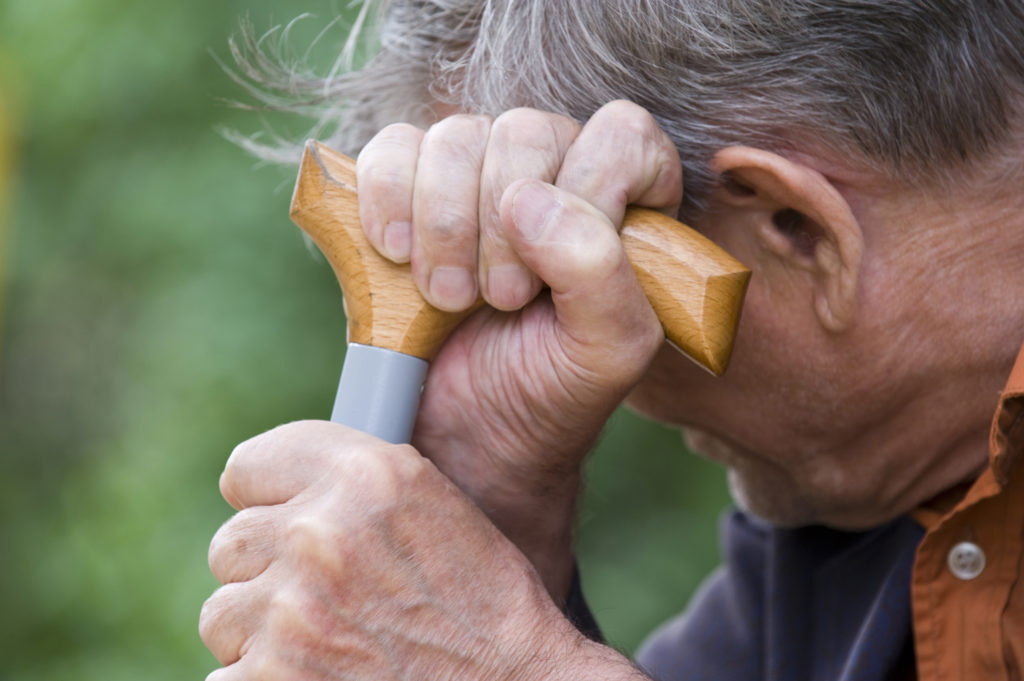
If someone you know or love has received treatment for substance use, they have taken crucial steps toward recovery. However, even after seeking and receiving treatment, there is still the potential for relapse.
For someone trying to overcome a substance use disorder, it’s important to know that relapse is not a sign of failure. The recovery process takes time and patience, and relapsing is actually more common than you might realize.
However, if a relapse is severe, it can have serious (and potentially fatal) health consequences. If someone in your life has received treatment, it’s important to know signs of relapse after substance use treatment to get them the help they need when they need it.
Relapse signs and symptoms
Everyone who undergoes addiction treatment has their own unique story and struggles, meaning each person in recovery has their own unique triggers. What causes one person to stumble in their process, might not have any effect on another. For this reason, it’s more important to be aware of potential changes in a loved one’s attitude than working around the clock to keep triggers out of their life.
Sudden changes in attitude
If your loved one displays drastic changes in their attitude, this is a potential warning sign that they have relapsed or may be in danger of doing so. This attitude change could be directed toward their treatment program, their career, social obligations, etc. or could simply be a shift in their overall mentation. Increased signs of anxiety, stress, anger or depression could indicate they are at risk of relapsing.
Abandoning daily structure
Creating a consistent and structured routine is part of a holistic treatment program for overcoming substance use. If a recovering patient abandons their daily schedule and displays erratic behavior, they may be showing warning signs of relapse.
If you notice an alarming shift, one way you can help is by encouraging them to adhere to their schedule. Offer to accompany them to treatment sessions and other recovery-related activities. Remind them that routine is important, and helps prevent relapse due to boredom.
Practicing poor self-care
Another potential sign of relapse after substance use treatment is disregarding self-care. If your loved one stops practicing personal hygiene or eating regular meals, it may be cause for concern. Encourage them to continue with a healthy sleep-wake pattern, offer to go on a walk to promote exercise and maybe recommend an evening together meal planning to set them up for success in the week ahead.
Frequent isolation
Being in the company of friends and loved ones can be an effective treatment tool. For someone recovering from substance use, frequent isolation from others can be dangerous. While time alone is important, long periods of isolation or withdrawal can be problematic.
You can help by including your loved one in social events and gatherings. Knowing they have that love and support, and that their presence is desired, can be powerful.
Spending time with old associations
In some cases, time spent with substance users may have led to a friend or loved one’s addiction in the first place. If they are in the process of receiving treatment and continue to spend time with those people, they are at risk of using again.
To support their long-term wellness, encourage your loved one to disassociate from other substance users to help reduce the potential for relapse.
Displaying symptoms of depression
Due to decreased self-esteem or feelings of self-worth, depression is a commonly co-occurring condition with substance use. Some signs of a depression disorder include:
- Sudden irritability
- Lack of interest in activities
- Feelings of guilt
- Low energy
- Problems concentrating
If your loved one displays some of these signs during substance use treatment, they may be at risk of relapsing. Unaddressed mental illness may cause people to turn to substances as a form of self-medication.
Is relapse part of recovery?
It is easy to make the assumption that relapse means recovery has failed. The truth is, however, that many people who successfully see addiction treatment through to the end experience relapse in some kind of way. After all, relapse occurs in stages (emotional, mental and physical), meaning someone who relapses might not actually fully return to drug use – their brain may simply return to the emotions associated with craving drugs, making it difficult to maintain physical sobriety.
However, when these temptations or triggers arise, it is the important goal of the individual to seek the proper help in overcoming these triggers. So, while relapse and facing one’s triggers are an important part of recovery (building resilience is crucial to maintaining sobriety), complete physical relapse is mostly avoidable with the right mindset and plan.
Help prevent relapse after substance use treatment
The most effective tool in preventing relapse in your friend or loved one is recognizing prominent signs and helping them get back on the path to recovery. Your help and support will go a long way in supporting their long-term wellness.
If you or someone you love is suffering from a substance use disorder, High Focus Centers is here to help. Our team uses evidence-based treatment to help patients overcome addiction and minimize the chances of relapse. Call our office at 800-877-3628 or submit a contact form to learn more.



